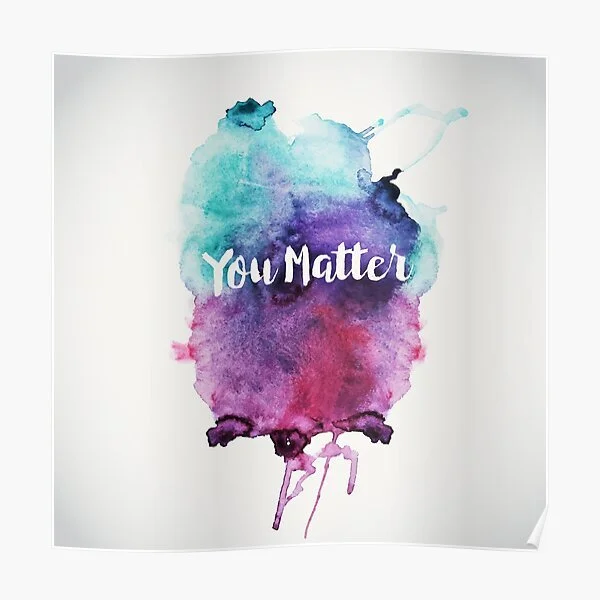To Write Love on Her Arms
Trigger Warning- This post talks about various aspects of mental health, addiction, self-harm and suicide. Please take care of yourself, and skip reading this if it may be trigging in any way. Resources for mental health services will be at the end of this post.
Seventeen years ago, Jamie Tworkowski wanted to help a friend who was struggling with addiction, depression, self-harm and suicidal thoughts. He spent five days with her until an available spot opened up at a treatment center. What unfolded from that experience was a story titled “To Write Love on Her Arms,” and in 2007, TWLOHA became an official non-profit.
My life has been, and continues to be affected by substance use, depression, self-harm and suicide in multiple ways. I am part of a 12 Step fellowship, I hear stories of trauma and addiction on a weekly basis, and I have a few friends who have died by suicide. Since its inception, I have been a supporter of TWLOHA (evidenced by the tattoo on my arm) and many other organizations with similar missions.
Addiction thrives in isolation. Building connection is a key component to building sobriety.
For the last seven months I have been working at The Dimock Center on their Acute Treatment Services (detox) unit as a case manager. Here, I conduct intakes and assessments, facilitate group therapy sessions, and provide milieu therapy. Many of our clients are seeking refuge from their addiction. One of the biggest themes I talk about in our group sessions is that the opposite of addiction is not abstinence, it is connection. Johann Hari has a 15-minute TED Talk titled Everything You Think You Know About Addiction Is Wrong and it is well worth your time to watch.
This morning I attended a brunch fundraiser for the Boston Living Center which is under the umbrella of Victory Programs. It was an uplifting experience to meet community members who are passionate about making some of our most vulnerable neighbors feel well-supported by means of offering congregate meals, wellness programs and individual and peer support programs. Staff help answer questions about medication adherence, addresses skill development around assertiveness and self-advocacy, and connects members to case management, mental health care, substance use disorder treatment, and other supportive services
Mental Health By the Numbers- according to National Alliance on Mental Illness
21% of U.S. adults experienced mental illness in 2020 (52.9 million people). This represents 1 in 5 adults.
5.6% of U.S. adults experienced serious mental illness in 2020 (14.2 million people). This represents 1 in 20 adults.
16.5% of U.S. youth aged 6-17 experienced a mental health disorder in 2016 (7.7 million people)
6.7% of U.S. adults experienced a co-occurring substance use disorder and mental illness in 2020 (17 million people)
Annual prevalence of mental illness among U.S. adults, by demographic group:
Non-Hispanic Asian: 13.9%
Non-Hispanic white: 22.6%
Non-Hispanic black or African-American: 17.3%
Non-Hispanic American Indian or Alaska Native: 18.7%
Non-Hispanic mixed/multiracial: 35.8%
Non-Hispanic Native Hawaiian or Other Pacific Islander: 16.6%
Hispanic or Latino: 18.4%
Lesbian, Gay or Bisexual: 47.4%
Annual prevalence among U.S. adults, by condition:
Major Depressive Episode: 8.4% (21 million people)
Schizophrenia: <1% (estimated 1.5 million people)
Bipolar Disorder: 2.8% (estimated 7 million people)
Anxiety Disorders: 19.1% (estimated 48 million people)
Posttraumatic Stress Disorder: 3.6% (estimated 9 million people)
Obsessive Compulsive Disorder: 1.2% (estimated 3 million people)
Borderline Personality Disorder: 1.4% (estimated 3.5 million people
The good news is that treatment for substance use and mental illness works.
Resources
Early Serious Mental Illness Treatment Locator
Living Well with Serious Mental Illness
St Elizabeth Substance Abuse Programs


